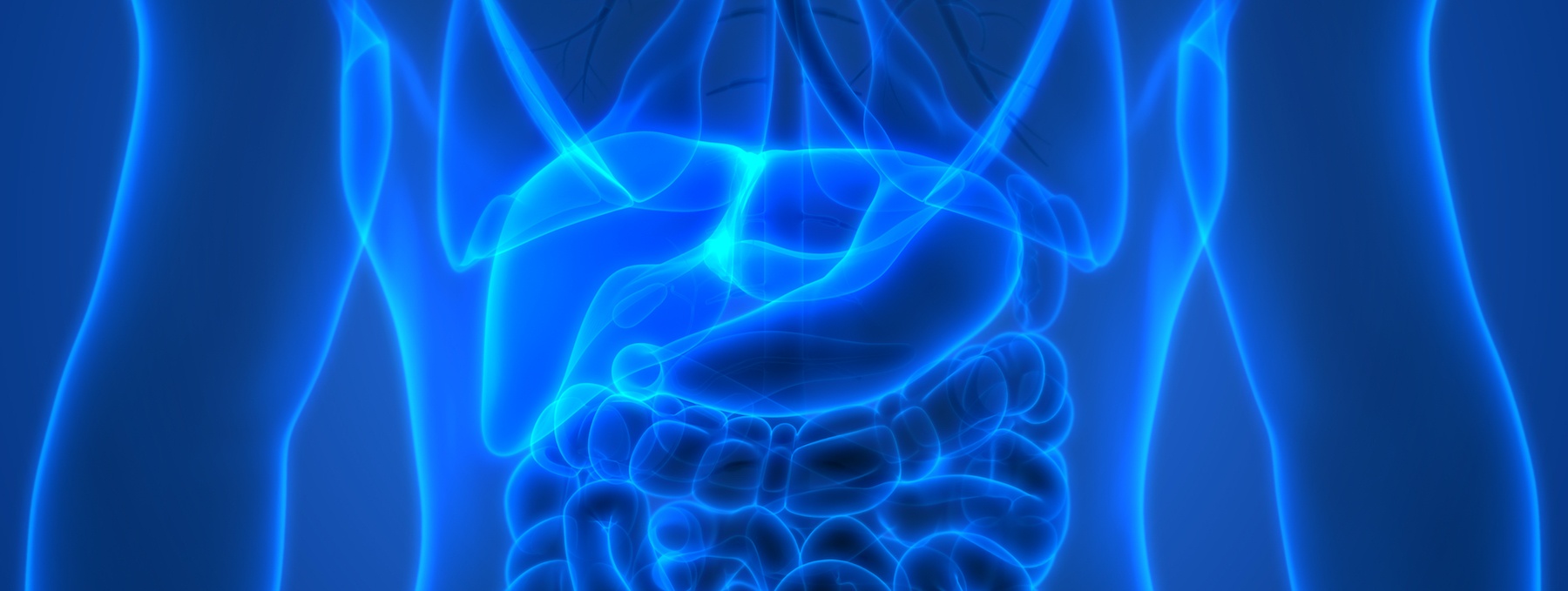Each week, OMRF President Dr. Stephen Prescott opens “Adam’s Journal” to answer a medical question from OMRF Senior Vice President and General Counsel Adam Cohen.
Adam’s Journal
Here’s a question from a reader:
A dear friend has been told by her physician she has fatty liver. What is fatty liver? What are its symptoms, causes and treatment? How is it diagnosed?
—Edith Ketelsleger, Edmond
Dr. Prescott Prescribes
Non-alcoholic fatty liver disease (as it’s technically known) results from an abundance of fat stored in the liver. Especially in its early stages, it may have no symptoms. However, as fat levels in the liver increase, the disease can become more aggressive, causing symptoms like abdominal swelling and pain, red palms, and yellowed eyes and skin due to jaundice.
We don’t know what, exactly, triggers the condition, but it’s often found in individuals who are overweight or obese or who have high levels of cholesterol, triglycerides or blood sugar. Older people, diabetics and those with body fat concentrated in the belly are at highest risk.
As the disease progresses, its main complication is liver scarring. This can lead to a host of problems, from abdominal fluid build-up and esophageal swelling to, in the most serious cases, cirrhosis, liver cancer and end-stage liver failure.
Although fatty liver disease is extremely common — the Centers for Disease Control estimates it affects up to a quarter of the population — its lack of symptoms in most cases means it often goes undiagnosed. Typically, doctors find it when tests done for other reasons point to liver problems. A diagnosis is then made through blood tests, procedures and, sometimes, a liver biopsy.
Doctors usually prescribe weight loss, as there are no drugs approved to treat the condition. For the most severe cases, liver transplant may be an option.
Scientists at the Oklahoma Medical Research Foundation are studying fatty liver disease. Their research, led by Dr. Lijun Xia, points to diet as one potential cause. “We think what may be happening is that certain diets could cause abnormal bacteria in the intestines,” he said.
At OMRF, we’ll keep investigating, trying to pinpoint specific foods or other likely culprits behind the disease. Meanwhile, the best things your friend can do are manage her weight through healthy diet and exercise and continue seeing her physician to monitor her condition.



